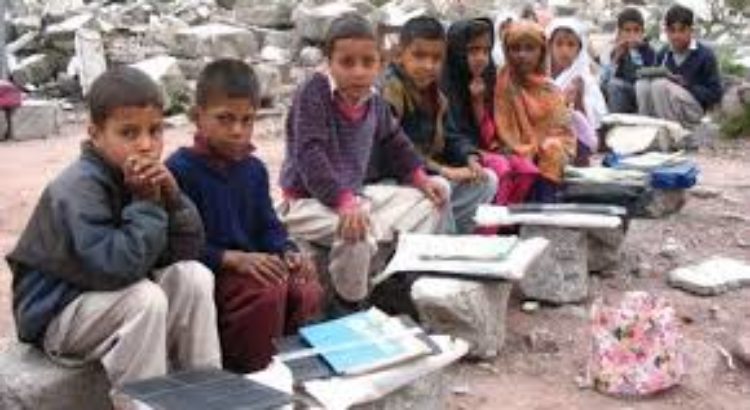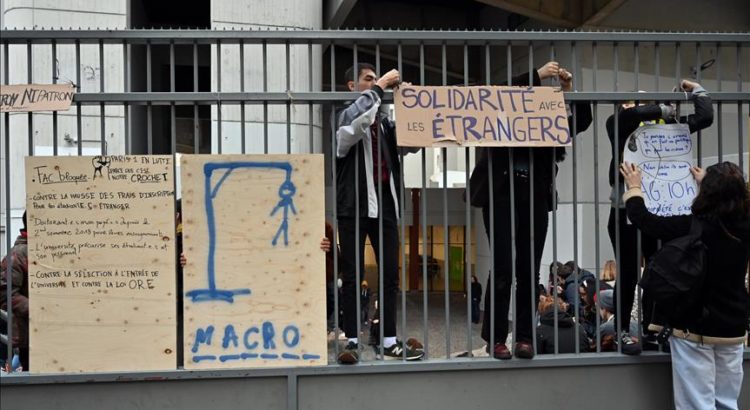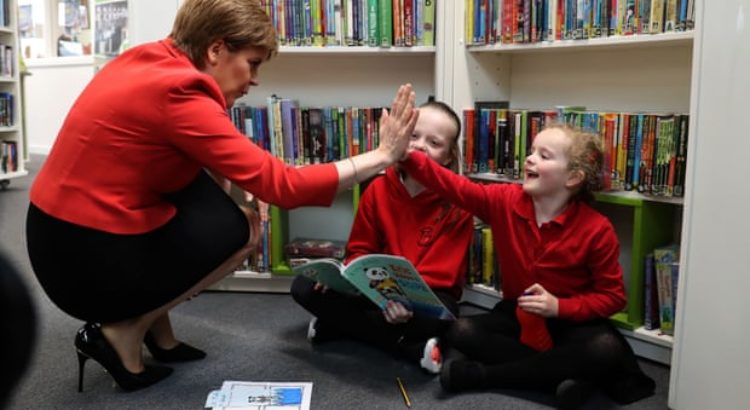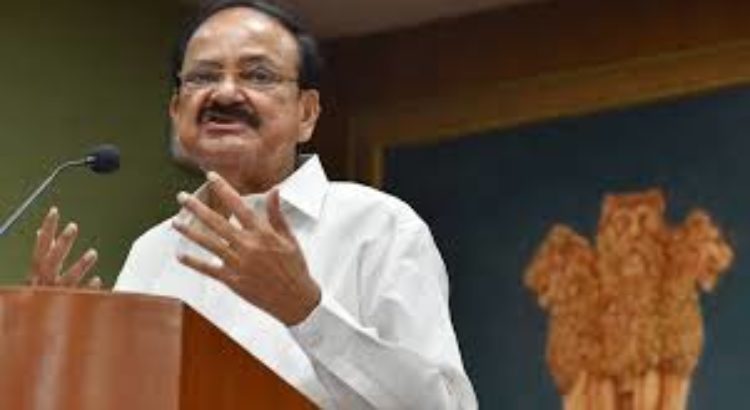Asia/ Mauritania/ 21.11.2018/ Source: www.teachermagazine.com.au.
Which career would I have chosen if not the law, followed by politics? I’ve been asked that many times over the years, and the answer is simple: teaching.
I enjoyed going to school – the learning, the playmates and, of course, the teachers. I respected them. I still do.
Great teachers can foster talent, instil confidence and help students to realise their full potential. A teacher’s enthusiasm for a particular subject can open doors in a student’s mind and set them on a pathway of lifelong learning. I experienced this from my own schooling, and some of the wonderful teachers who helped me forge my path in life.
While I ultimately chose a different career to teaching, I have remained interested in learning and teaching throughout my life.
Now I Chair the Global Partnership for Education (GPE), which is a catalyst for education investment, and works together with governments in developing countries to strengthen their education systems. Our goal at GPE is to ensure that every child in a developing country receives a quality education – and a quality education always starts with a great teacher.
Investing in teachers for better learning
Teachers are, and will always be, the backbone of the education system. It is why they constitute the largest single expenditure in education budgets around the world.
It would come as no surprise to those in the teaching profession that in a survey conducted by GPE with partner countries, ‘teacher competence’ rated as the most common cause of low learning outcomes for students.
So while it seems obvious that investing in teachers equals better learning; improving the overall quality of education is complex.
The learning process is affected by multiple factors that vary significantly amongst contexts and countries. This is why GPE is working in a number of different ways to ensure teachers in developing countries are equipped with the training and support that will set them on a path of success.
To date, we’ve had some pleasing results. The number of teachers trained with the support of GPE has more than doubled in recent years, going from around 98 000 teachers in 2014 to 238 000 in 2016. However, there remains many challenges to recruit, train and support teachers in developing nations.
What’s happening around the globe?
When recruiting teachers within a country where the rate of school completion is already low, it can be difficult to find candidates who have the baseline skills required. Take for example, the northwest African country of Mauritania, where decades of low learning outcomes meant something had to change.
The government began a structural reform of its education sector back in 1999. Now, with the support of GPE, World Bank and the French Development Agency, progress is being made to ensure those who train and go on to become teachers in Mauritania have the fundamental knowledge and capability to undertake the role.
These reforms have helped people like Mariam Mohamed Vall to realise her dream of becoming a teacher. Mariam always wanted to be a teacher but put her ambitions on hold to take care of her family. She took the entrance exam multiple times but failed, then two years ago she finally passed.
Together with other trainers, Mariam has helped to redesign the three-year program for training teachers. Now training is done with more practice in the classroom and regular evaluations, to ensure teachers are really qualified to empower the next generation of students.
We have to get teacher training right, but there is also the challenge of scale. It is estimated that 69 million primary and secondary school teachers need to be recruited by 2030 in order to meet demand, with the teacher shortages highest in Sub-Saharan Africa.
When teachers are in short supply, it is often the poorest children who miss out. GPE uses a framework to track the equitable distribution of teachers across education systems. We have found in many partner developing countries, the number of teachers in a school is not proportional to the number of students, with remote and disadvantaged areas receiving fewer teachers.
All these problems can be compounded by the fact that in many developing countries, the teaching profession is still considered to be of low status. This makes it difficult to recruit and retain good teachers.
There is never a one-size-fits-all solution to these complex problems. This is why GPE is continuing to support a diversity of programs in partner countries.
In the West African nation of Togo, the partnership is supporting teacher training on the new curriculum, the development of a new teacher training policy informed by an assessment of teacher competencies, as well as resources and equipment for the teacher training department and teacher training institutes.
In Niger, GPE is supporting the construction of three teacher training institutes, the training of trainers and the development of new training modules on reading.
A GPE funded program in Afghanistan includes social support systems and incentives for new female teachers working in challenging areas with low levels of girls participating in education.
Teachers will always play a critical role in helping to improve learning outcomes. GPE will continue to advocate on a global stage to fund programs that give teachers the training and resources they need.
A quality education can transform lives, communities and ultimately nations. That’s why an investment in teachers is an investment in our global future.
Source of the notice: https://www.teachermagazine.com.au/columnists/julia-gillard/supporting-teachers-in-developing-nations














 Users Today : 39
Users Today : 39 Total Users : 35460580
Total Users : 35460580 Views Today : 55
Views Today : 55 Total views : 3419537
Total views : 3419537